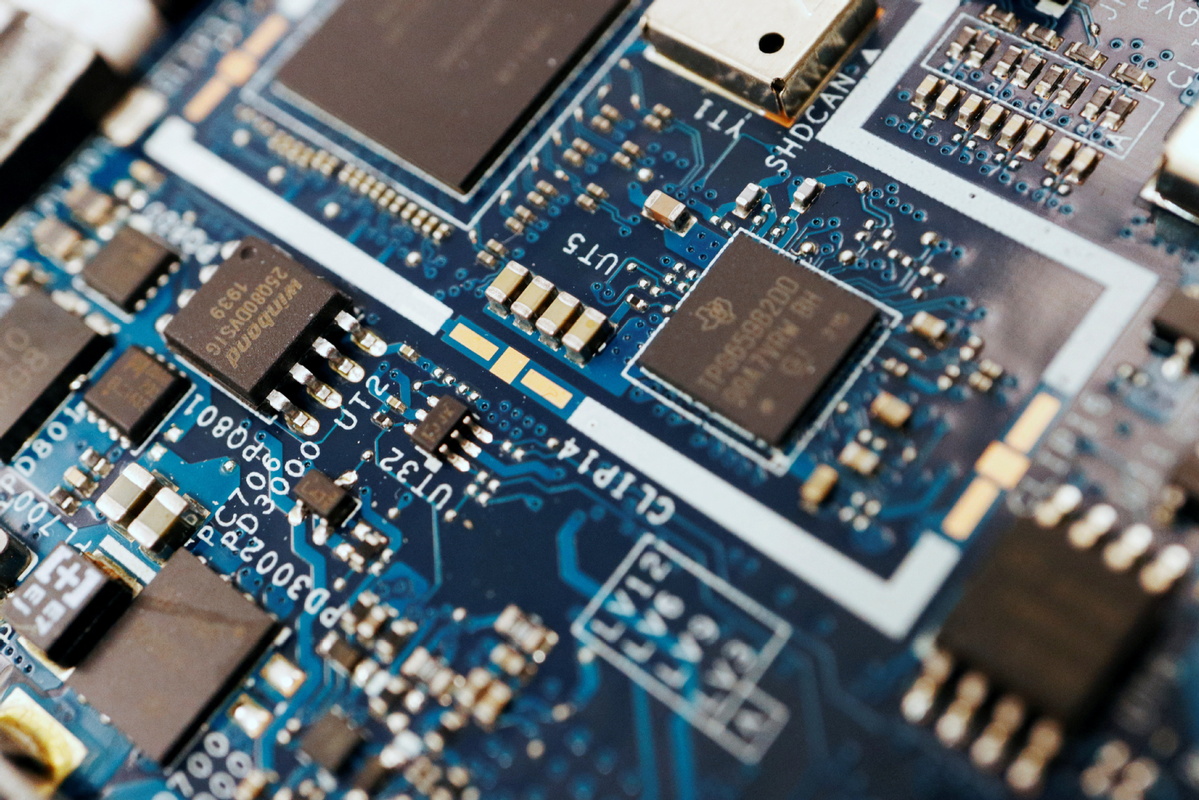US damaging chip industry by hijacking it: China Daily editorial


With much political fanfare, US President Joe Biden visited Taiwan Semiconductor Manufacturing Co's newly constructed plant in Arizona last week to attend a "first tool-in" ceremony. Commercial operations at the facility, which will produce 4 nanometer chips, are expected to begin sometime next year or 2024.
The same day, TSMC announced its second major investment in the state, revealing it intends to build another facility to produce 3 nanometer chips. All told, TSMC is investing $40 billion in Arizona, the largest investment ever in the state from overseas.
The moves mark a dramatic twist in the global semiconductor industry and, as TSMC founder Morris Chang said at the ceremony, that globalization and free trade — at least in relation to the world's semiconductor industry — are "almost dead". That is thanks to the disruptive moves of the United States.
As National Economic Council Director Brian Deese told the media ahead of the event, a big part of the motivation behind what became the CHIPS and Science Act, which has prompted TSMC's investments, was to try to re-position the US' leadership in the leading edge of the semiconductor ecosystem where the US has no domestic production.
For the Biden administration, carrot-and-sticking TSMC to relocate some of its production capacity to the US kills several birds with one stone: It hollows out Taiwan's competitive edge in the global semiconductor industry, boosts the US manufacturing sector and contributes to its strategy of using Taiwan as leverage in its "competition" with the Chinese mainland. In this regard, Taiwan leader Tsai Ing-wen and the pro-independence forces on the Chinese island have played a role. By working hand-in-glove with Washington and portraying TSMC's relocation as a good thing, the Taiwan authorities are sacrificing the island's interests in a bid to further their secessionist agenda.
Meanwhile, the US' essentially coercive policy is selfish in nature. The semiconductor industry is one of the most globalized. By waging a "chip war" against China, the US is not only disrupting normal international cooperation but also taking the entire industry hostage. The US imposed a sweeping set of export controls last month to cut China off from advanced semiconductor chips and chip-making equipment. Dragooning TSMC to relocate its manufacturing to the US is another move to politicize and weaponize technology to contain China.
But the US bid to curtail China's tech progress will only make China strive harder to increase its self-reliance. Not to mention that there is already an international backlash to the US moves aimed at making the global semiconductor giants toe the US line.
Sooner or later, the US will discover it is playing a self-defeating game as it will break the tech collaboration chains and push up the cost of semiconductors which will hinder innovation.

































